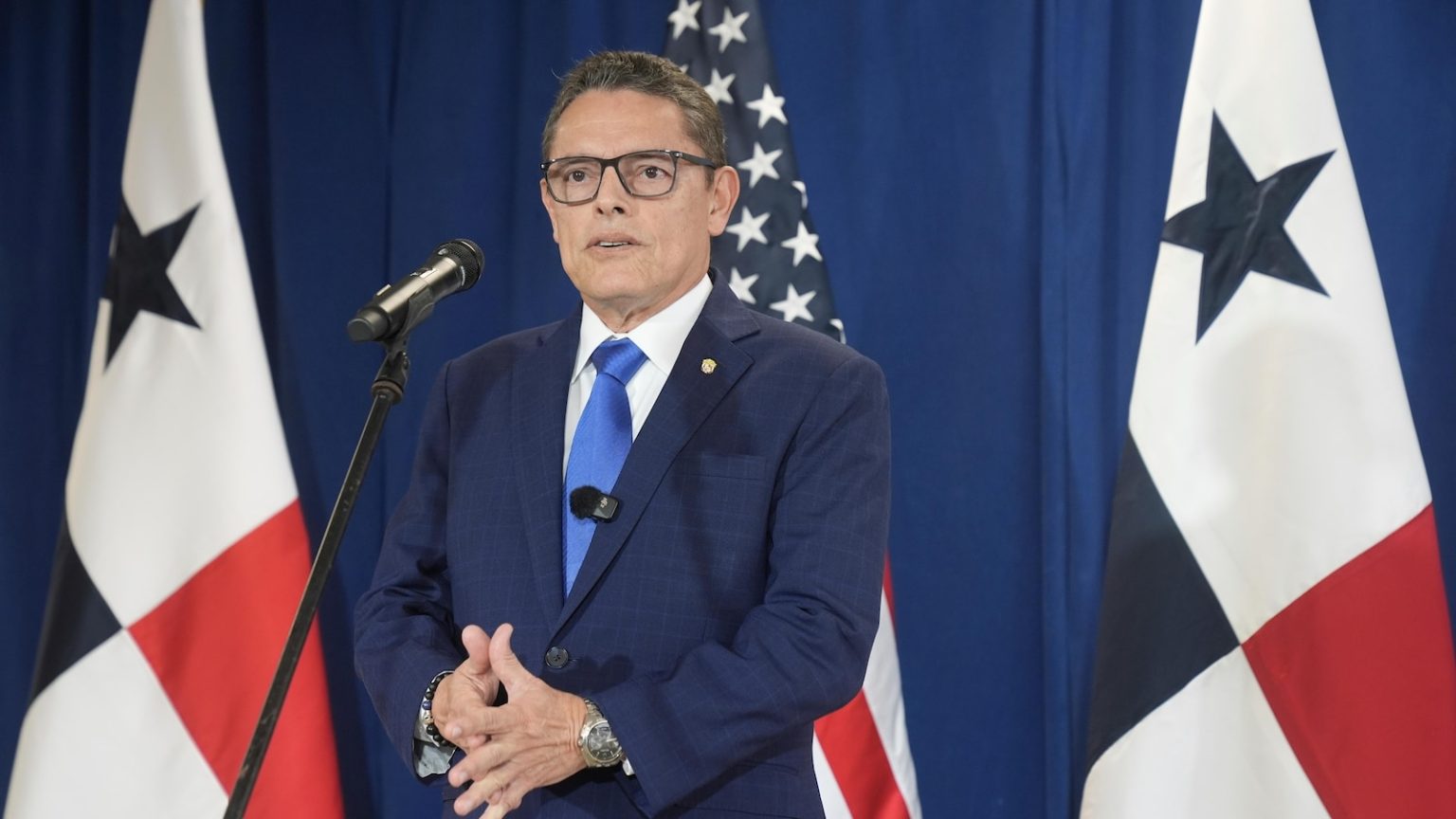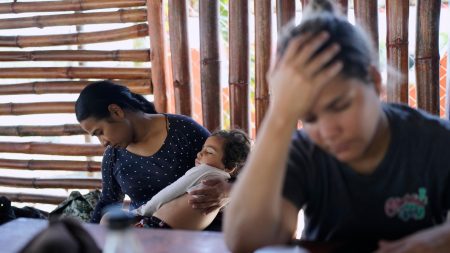Panama’s Role in U.S. Deportation Policy: A Humanitarian Crisis Unfolds
In recent weeks, Panama has found itself at the center of a growing humanitarian crisis as it detains nearly 300 migrants from various countries under a controversial deportation agreement with the United States. These individuals, deported during the presidency of Donald Trump, are being held in a hotel in Panama City, where they are effectively confined while international authorities work to organize their return to their home countries. The situation has sparked widespread concern, as many of these migrants have made it clear that they cannot safely return to their homelands, with some even displaying desperate messages like "Help" and "We are not safe in our country" on their hotel room windows.
The Migrants’ Plight and Origins
The migrants in question hail from 10 mostly Asian countries, including Iran, India, Nepal, Sri Lanka, Pakistan, Afghanistan, and China, among others. Many of these countries have strained diplomatic relations with the United States, making direct deportation challenging. As a result, Panama has been designated as a transit point for these individuals, with the U.S. footing the bill for the entire operation. While Panama’s Security Minister, Frank Abrego, has emphasized that the migrants are receiving food and medical attention, the conditions under which they are being held have raised serious ethical and legal questions.
The Panama-U.S. Migration Agreement: A Controversial Partnership
The agreement between Panama and the U.S. to serve as a "bridge" or transit country for deportees was formalized earlier this month, following a visit by U.S. Secretary of State Marco Rubio. Under the terms of the agreement, Panama is responsible for housing and caring for the migrants until they can be repatriated or resettled in third countries. However, the arrangement has been met with significant political and public backlash in Panama, particularly as the country grapples with the challenges of hosting these individuals. President José Raúl Mulino, who is already under pressure due to Trump’s threats regarding the Panama Canal, has been criticized for his government’s role in facilitating the deportations.
The Confinement and Legal Limbo
Despite assurances from Panamanian authorities that the migrants are being treated humanely, the reality of their confinement has alarmed human rights advocates. The migrants are reportedly being held in hotel rooms on high floors, with police guarding the premises to prevent them from leaving. While Abrego has denied that the migrants are being detained, the fact that they are unable to leave their rooms or the hotel calls this claim into question. The situation has been further complicated by the fact that more than 40% of the migrants have expressed a desire not to return to their homelands, fearing persecution or danger.
Next Steps and Uncertain Futures
Efforts are underway to resolve the situation, with the International Organization for Migration (IOM) and the U.N. Refugee Agency working to facilitate the voluntary return of 171 migrants who have agreed to leave. For the remaining 128 individuals, negotiations are ongoing to secure their resettlement in third countries. However, for those who refuse to return to their homelands, the future remains uncertain. Abrego has announced plans to transfer these individuals to a facility in the remote Darien province, a region notorious for its challenging terrain and history of migrant crossings. The Panamanian Ombudsman’s Office has promised to provide additional details on the migrants’ situation, but for now, many of these individuals remain in a state of legal and emotional limbo.
Broader Implications and Challenges
The situation in Panama highlights the broader challenges of international migration and deportation policies, particularly in the context of strained diplomatic relations and geopolitical pressures. While the U.S. has sought to offload the responsibility of dealing with these migrants onto Panama, the ethical and logistical implications of such arrangements cannot be ignored. As the world continues to grapple with the complexities of migration, the plight of these detained individuals serves as a poignant reminder of the human cost of deportation policies and the need for compassionate, sustainable solutions. For now, the detained migrants in Panama wait anxiously for a resolution, their futures hanging precariously in the balance.















